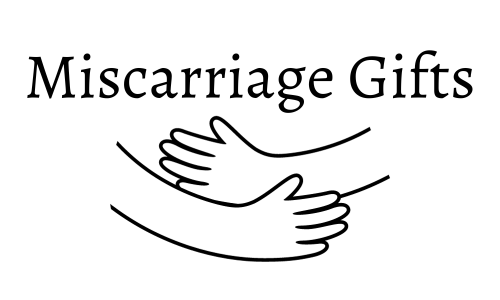This post explores how to navigate the new year while honoring your grief, allowing yourself to hope, and finding patience for the process of healing.
The Challenges of Hoping for a Better Year
Fear of Loss and Disappointment
Hope after miscarriage can feel fragile. You may worry that daring to dream of a brighter year will only lead to more heartbreak. This fear is natural, as grief can overshadow optimism and make it hard to believe in good outcomes.
The Weight of Grief in Long-Term Healing
Grief after miscarriage doesn’t follow a timeline. While others may expect you to “move on” with the new year, you may still be grappling with sadness and unanswered questions. The pressure to leave your pain behind can feel overwhelming, especially when you’re still processing your loss.
Planning Ahead While Grieving
Setting goals and making plans can feel daunting when your energy is consumed by grief. The future may seem uncertain, and envisioning happiness might feel impossible while navigating your pain.
Allowing Space for Grieving and Growing
Embracing the Long-Term Nature of Grief
Grief doesn’t have a finish line. Instead, it ebbs and flows, changing shape over time. Accepting this reality allows you to honor your feelings without rushing your healing process.
Creating Space for Your Emotions
It’s important to give yourself permission to feel all your emotions—grief, sadness, anger, or even moments of joy. Suppressing your feelings can hinder your healing, while acknowledging them helps you process and grow.
Balancing Hope and Caution
It’s okay to hope for a better year while still feeling cautious. Hope doesn’t mean you’ve forgotten your loss; it’s a testament to your resilience and ability to imagine a future where healing and happiness coexist.
Practical Advice for Healing and Self-Compassion
Set Gentle Intentions
Instead of big resolutions, focus on small, achievable goals like journaling, practicing mindfulness, or taking daily walks. Gentle intentions help you move forward without adding pressure.
Seek Support
Lean on trusted friends, family, or support groups who understand your experience. Connecting with others who’ve been through similar loss can offer comfort and validation.
Allow Time for Rest
Grieving is exhausting. Make rest a priority, whether that means physical relaxation or taking breaks from social commitments. Rest is vital for both emotional and physical recovery.
Celebrate Small Wins
Acknowledge and celebrate even the smallest steps forward. Whether it’s smiling at a memory or finding comfort in a supportive conversation, small moments of light matter.
Practice Patience
Healing isn’t linear. Some days will feel easier, while others may be filled with heavy emotions. Be patient with yourself, allowing space for setbacks without judgment.
Create a Ritual of Remembrance
Honor your loss in a way that feels meaningful to you, such as lighting a candle, planting a tree, or writing a letter to your baby. These rituals can provide comfort and connection.
Moving Forward at Your Own Pace
The new year doesn’t have to mean leaving your grief behind. Instead, it can be an opportunity to carry your love and loss with you as you take gentle steps toward healing. There’s no right or wrong way to approach the future after miscarriage—only the path that feels right for you.
As you navigate this new chapter, remember to give yourself grace. Hope, grief, and growth can coexist, even amid fear and uncertainty. One small step at a time, you can move forward, carrying both the pain of your loss and the promise of brighter days.
